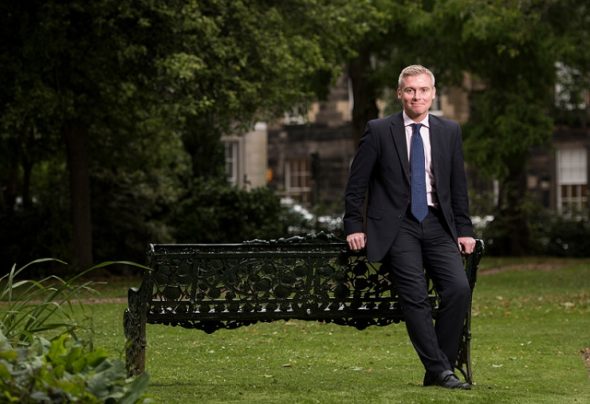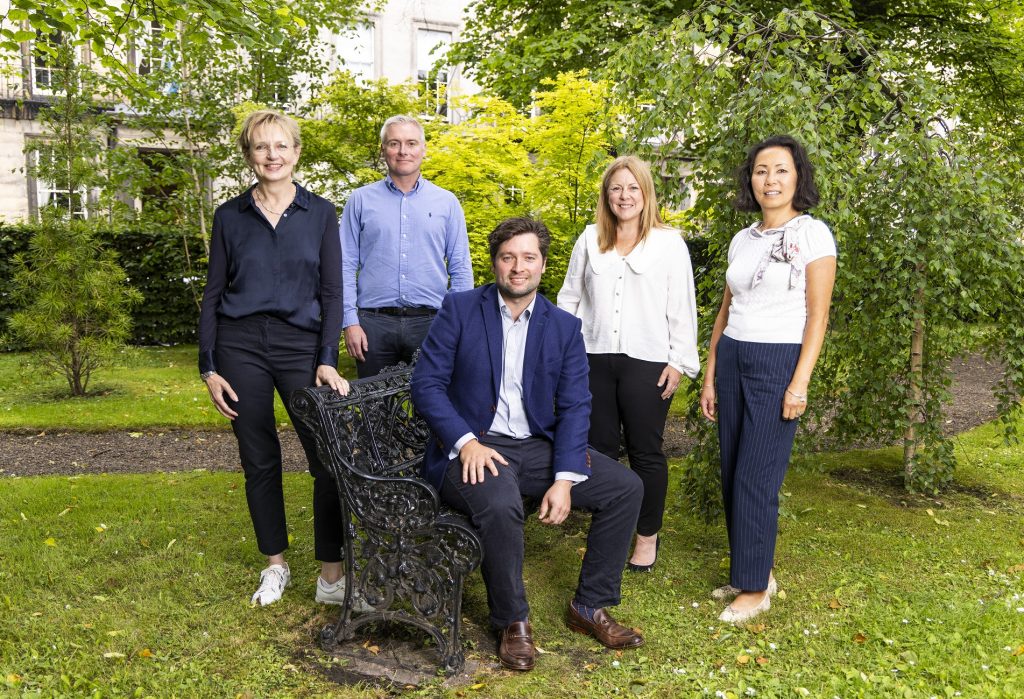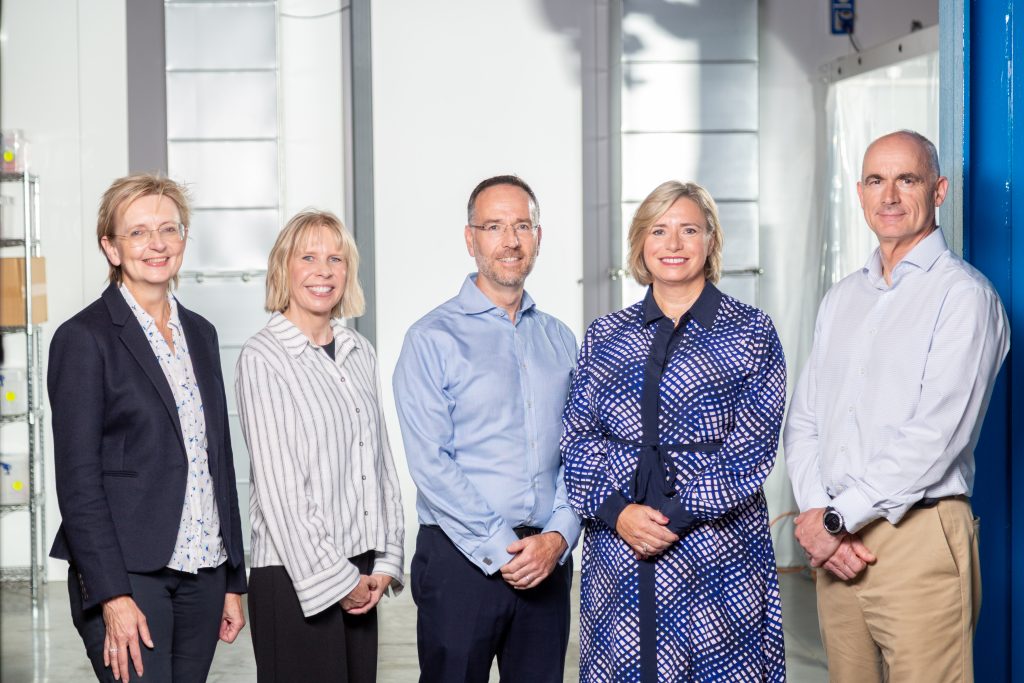Archangels Urges Care Over Tax Changes
Greig Cameron Scottish Business Editor | Saturday, October 28 2017 | THE TIMES

Scotland’s largest syndicate of business angels has warned the UK government to be careful about the “unintended consequences” of changing tax incentives for early stage investors.
Archangels was heavily involved in the submission by Linc Scotland, the angel investor trade body, to a Treasury consultation looking at whether re-forms are needed in areas such as the Enterprise Investment Scheme and venture capital trusts. These offer different ways for people to reduce their tax bill through putting their money into businesses.
David Ovens, chief operating officer of Archangels, remains hopeful that any tweaks to the system eventually could be beneficial to the funding landscape for innovative technology companies. However, he warned that any modifications could lead to a slowing of investment and said: “Policy intervention is crucial at this end of the market, so anything that disrupts what is currently in place could have an un-intended consequence.”
In particular, Mr Ovens would like to see more of a “joined-up” approach so that the Enterprise Investment Scheme can still be used for the early stages of a company when it is raising sums of up to£2 million. Then a more structured venture capital trust investment could come in when a business is looking to raise larger amounts up to around£10 million.
Typically, the private equity market has filled that gap. Mr Ovens pointed out that accessing capital in London was not a problem, but companies in other parts of the UK could struggle. Angels also usually were more patient than private equity in expecting a return on their money, he said.
In Scotland many early stage deals are backed with co-investment from the publicly funded Scottish Invest-ment Bank, but a difficulty can emerge if a company needs sustained support from business angels over a long period. Mr Ovens said: “The problem is that over a ten-year period there is no liquidity, so your money is tied up.”
Introducing a tax incentive, whereby shares sold at a loss can be offset against an individual’s tax bill, into the venture capital trusts structure may help. Linc Scotland members invested more than£23 million of their own capital in the 12 months to March, which helped to bring in a further £12 million of private invest-ment and £13.5 million of public funding.





